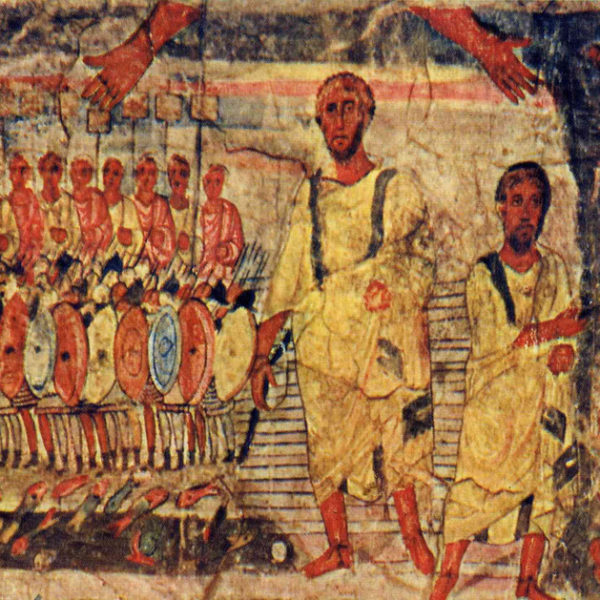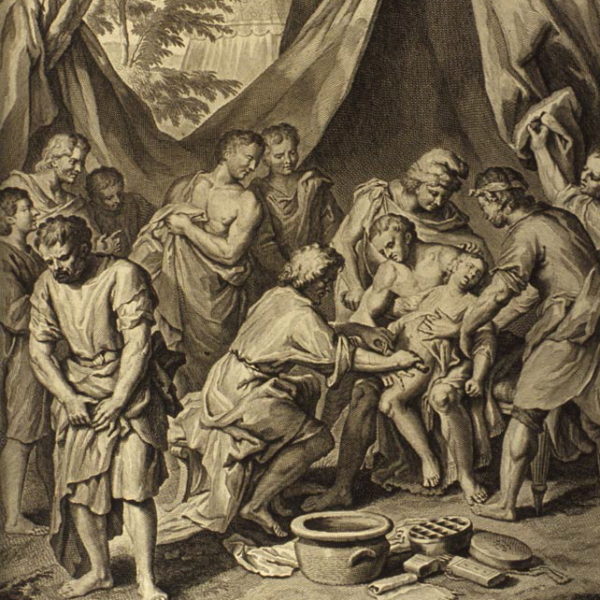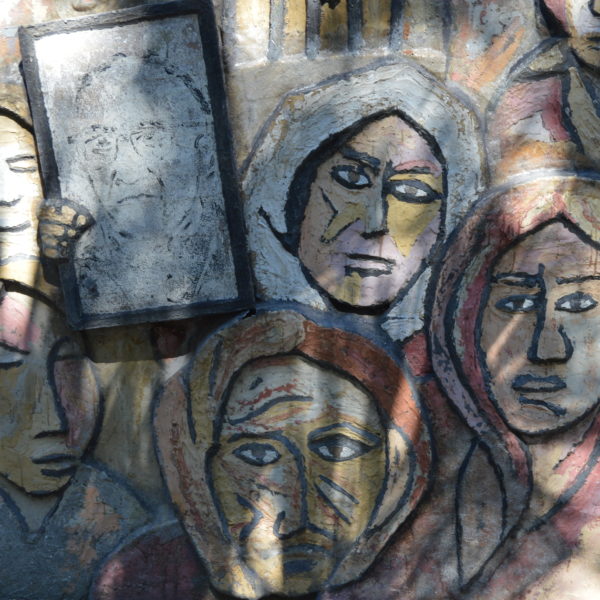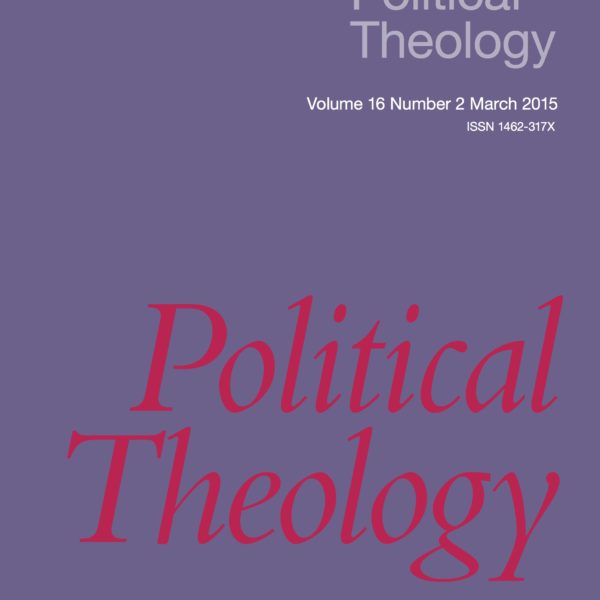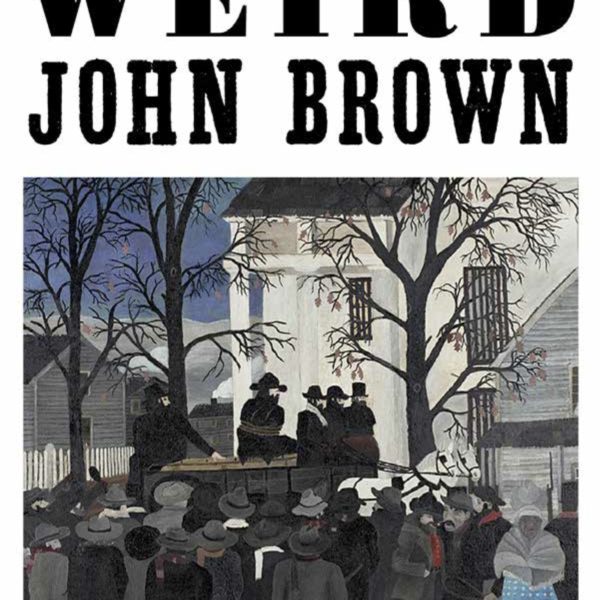
. . . In the book I think about what it would mean to see Brown as a “Great Criminal” who did wrong but can still be read as a sign of a divine violence that breaks the hold of the slave system on social imaginations and so makes possible not just new ways of seeing the world, but new ways of acting, new ways of connecting with others, and new ways of deliberating together.

Johannes de Silentio admits that “Abraham I cannot understand, in a certain sense there is nothing I can learn from him but astonishment.” Can we say the same about John Brown? Smith clearly wants us to learn from him and from what happened at Harpers Ferry, not to mention what happened six weeks later. But it is a curious sort of learning, since Brown’s exceptional status — like Smith’s subtitle — acknowledges the limits of ethics in making sense of the violence enacted by, and on, such a singular figure.

I think that a politics of penitence and repair can disrupt old divisive racial patterns, potentially enabling the emergence of new racial communities not marked by old forms of racial hatred and violence. Smith’s argument for penitence and repair is compelling and I do think that a Christian political theology calls upon us to consider these two important practices. Smith presents a theological discussion of pardon that eventually takes us to repentance and repair when addressing racial wounds.

This past week, especially in light of the Copenhagen shootings, commentary about the White House summit on combatting “extremism,” and the publication of a controversial article in the magazine The Atlantic by one of its editors on ISIS, the big question in the news right now seems to be: “do the conflicts in Middle East mean we are fighting a global ‘war of religion(s),’ or at least a war with, as well as within, Islam?”

Ted Smith delivers an unprecedented thesis about Brown’s violent assault on slaveholders as the human side of a “divine violence.” From beyond the limits of any earthly system of political justice and social ethics, this is a divine judgment against the validity of an entire system of political ethics. Addressed, for one, to American ethicists today — both those who teach and study in the university and those who voice their ethical judgments on street corners, in churches, and across the Sunday dinner table — Smith’s words, while gently spoken, deliver their own report of divine judgment.

A bishop recently said that 90% of the homilies he has ever heard can be boiled down to two words: “Try harder.” Of all the things that Ted Smith’s book does well, the most compelling for me is his attempt to critique the ethical confines to which reflection on politics and violence — along with so much else — is often limited.

In conjunction with the Marginalia (part of the LA Review of Books), Political Theology Today has organized a symposium on Ted Smith’s extraordinary new book Weird John Brown: Divine Violence and the Limits of Ethics. Over the coming two and a half weeks, we will host responses to the book from E. Brooks Holifield, William Cavanaugh, Peter Ochs, Keri Day, and Andrew Murphy, concluding with a response to the responses by author Ted Smith. Here is the first response, from E. Brooks Holifield of Emory University.
